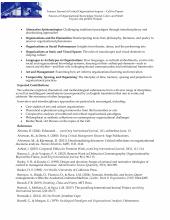Wyniki wyszukiwania
|
Wyświetleń1382 Pobrań135 |
|
Wyświetleń1514 Pobrań157 |
|
Wyświetleń3240 Pobrań779 |
|
Wyświetleń3058 Pobrań860 |
|
Wyświetleń5143 Pobrań865 |





